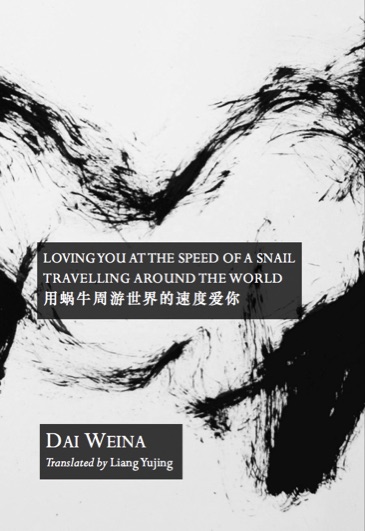Publications
View recent publications by staff in the School of Languages and Cultures.
2021 Publications
Everything Ancient Was Once New: Indigenous Persistence from Hawai'i to Kahiki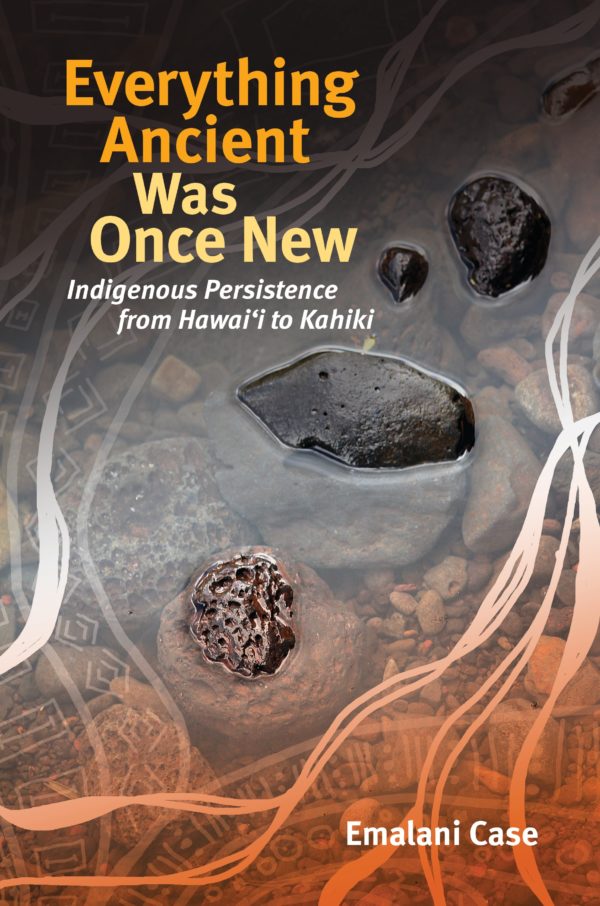
Dr Emalani Case (Va‘aomanū Pasifika), University of Hawai'i Press, 2021.
In Everything Ancient Was Once New: Indigenous Persistence from Hawai'i to Kahiki, Dr Emalani Case explores Indigenous persistence through the concept of Kahiki, a term that is at once both an ancestral homeland for Kānaka Maoli (Hawaiians) and the knowledge that there is life to be found beyond Hawaiʻi’s shores.
About the author: Dr Emalani Case
Quantum of Dante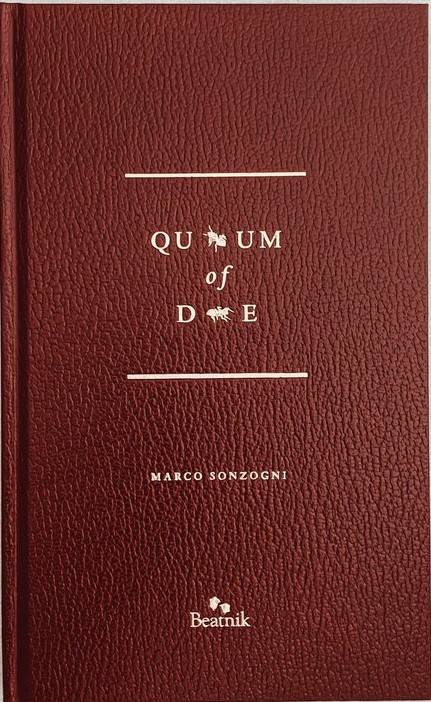
Reader Marco Sonzogni (Literary Translation Studies), Beatnik, 2021.
On the 700th anniversary of Dante’s death, Quantum of Dante re-presents one of the capstones of world literature - Dante’s Divine Comedy - as an opportunity for new play and celebration between form and content, language and image, text and book. Destined to become an instant cult objet d’art, this limited-edition volume openly winks to readers of English - even as it renders Dante’s classic in its original Italian.
About the Author: Reader Marco Sonzogni
More Favourable Waters: Aotearoa Poets Respond to Dante's Purgatory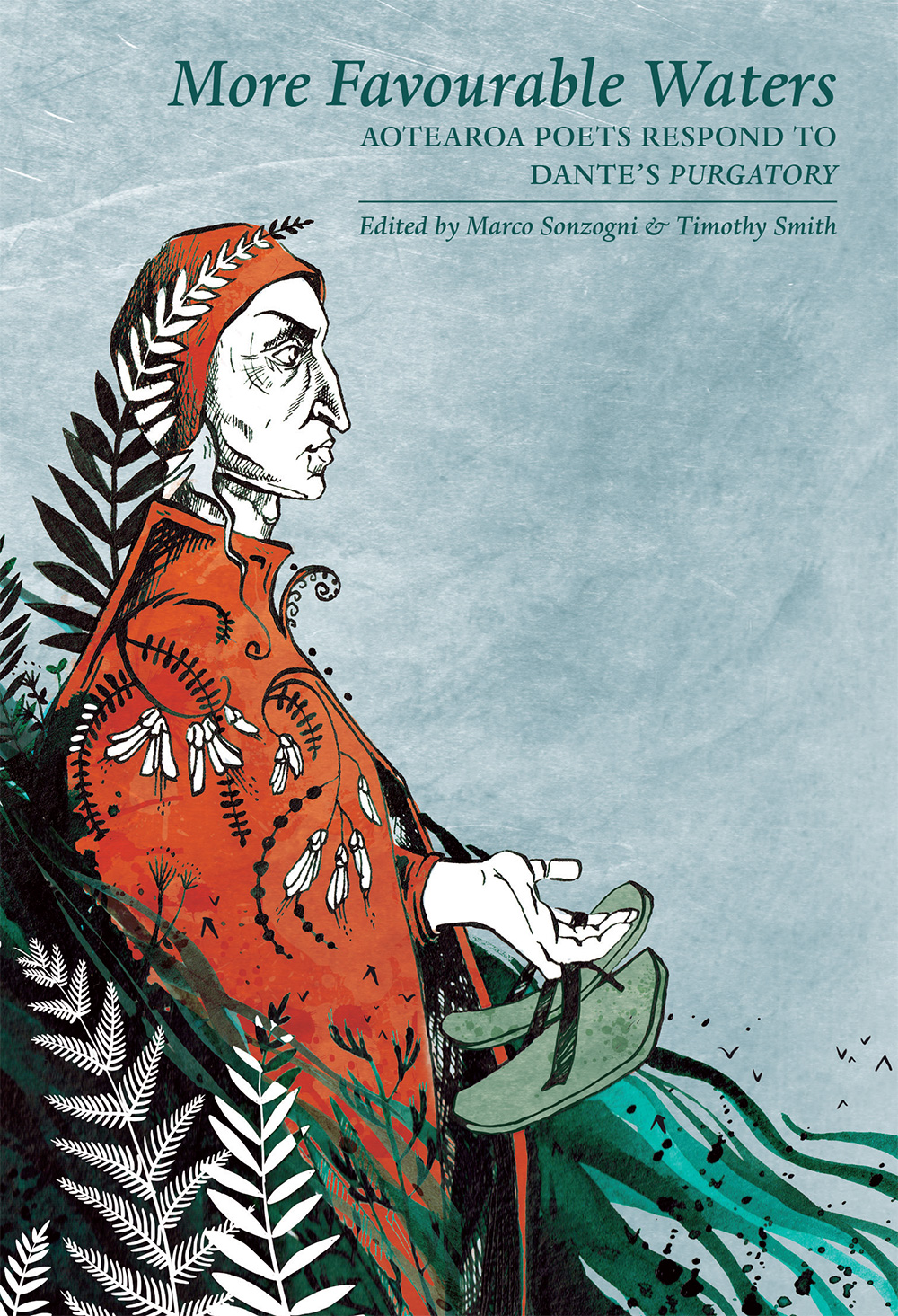
Edited by Reader Marco Sonzogni (Literary Translation Studies) and Timothy Smith, The Cuba Press, 2021.
More Favourable Waters: Aotearoa Poets Respond to Dante's Purgatory is an anthology of contemporary poets from Aotearoa New Zealand commemorating one of the world’s great poets, Dante Alighieri (1265–1321), 700 years after his death.
About the Author: Reader Marco Sonzogni
2020 Publications
Food and Women in Italian Literature, Culture and Society: Eve's Sinful Bite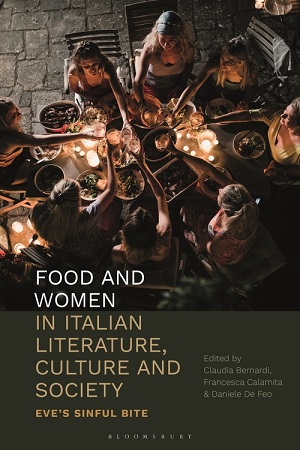
Dr Claudia Bernardi (European and Latin American Languages and Cultures), Francesca Calamita and Daniele De Feo, Bloomsbury Academic, 2020
This volume explores how womens' relationships with food have been represented in Italian literature, theater, film, advertising, visual arts and other forms of cultural expression from the nineteenth century to the present. Looking at how Italian women have been portrayed cooking and serving meals to others, while denying themselves the pleasure of the table, these essays help us understand the role food and food-related-activities have in women’s lives.
About the author: Dr Claudia Bernardi
2019 Publications
The Gentle Apocalypse: Truth and Meaning in the Poetry of Georg Trakl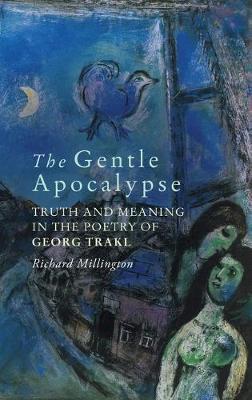
Dr Richard Millington (European and Latin American Languages and Cultures), Camden House (NY), 2019.
In The Gentle Apocalypse, a study traces the evolution of Georg Trakl's strangely mild and beautiful vision of the end of days through close readings of poems covering the span of Georg Trakl's lyric output.
About the author: Dr Richard Millington
90后30首 / 30 Poems from Chinese Millenials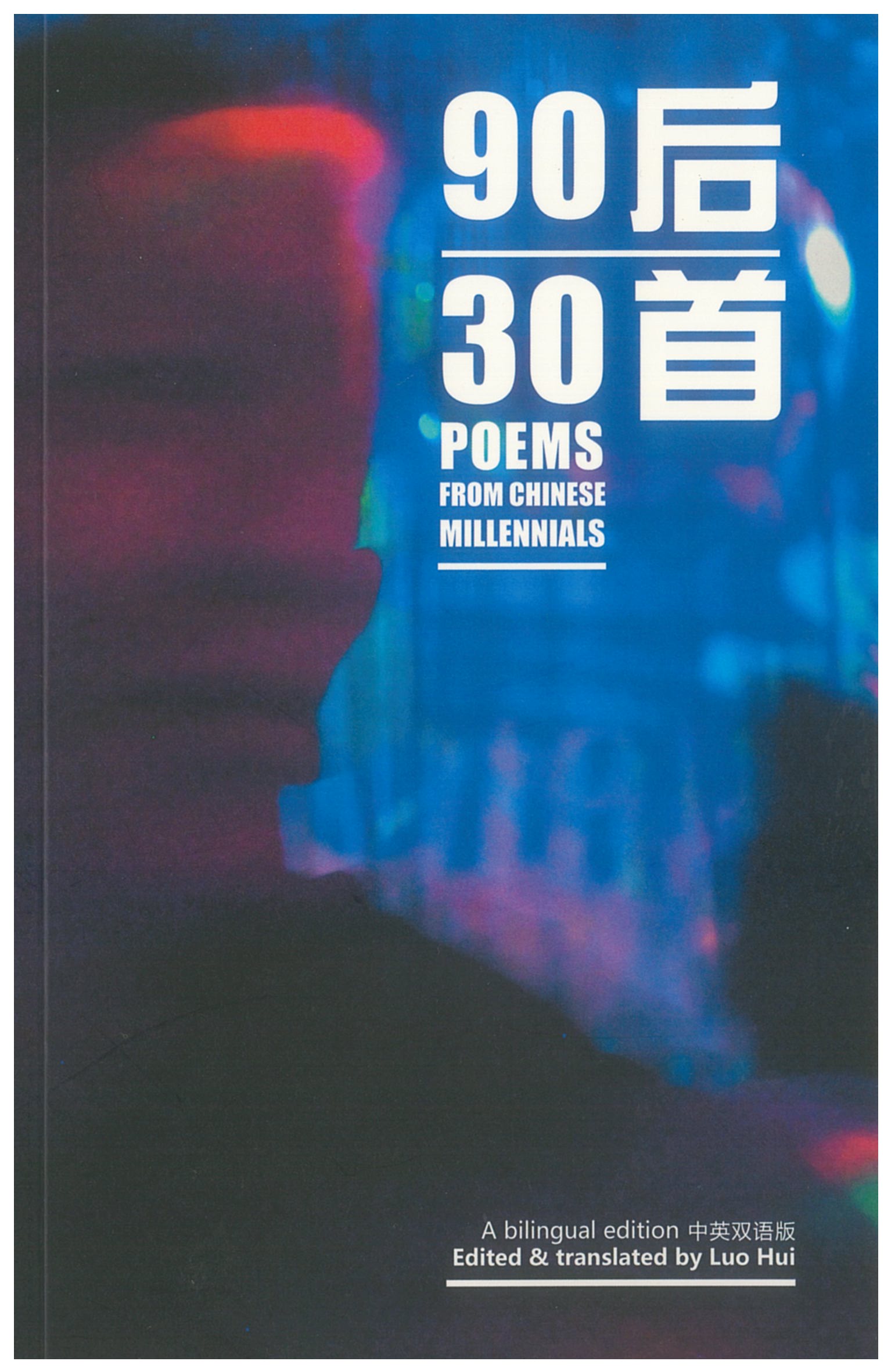
Dr Luo Hui (Asian Languages and Cultures), Wai-te-ata Press, 2019
In 90后30首 / 30 Poems from Chinese Millenials, Dr Luo Hui translates chosen poems from contemporary Chinese poets.
About the author: Dr Luo Hui
Loving you at the speed of a Snail travelling around the World
Dai Weina translated by Liang Yujing, Cold Hub Press, 2019
In Loving you at the speed of a snail travelling around the Worlda, a young woman drifts between love and lovelessness, sleep and sleeplessness. Dai Weina, who writes in an unearthly, dreamtalking style, is a representative of the new generation of Chinese poets, ‘the post-’80 poets’ (poets born in the 1980s) with translations by Liang Yujing.
Dai Weina 戴潍娜 is also a short story writer, playwright, translator, editor and scholar based in Beijing, where she works for the Chinese Academy of Social Sciences. Liang Yujing was a PhD candidate in Chinese and has since completed his doctorate (2020).
Classical Illusions
EProf John Davidson (Classics), 2019
In Classical Illusions, EProf John Davidson retells myths and historical events (sometimes to highlight a modern concern or controversy), reinvents mythical or historical individuals, and now and then enjoys shameless forays into fantasy.
About the author: EProf John Davidson
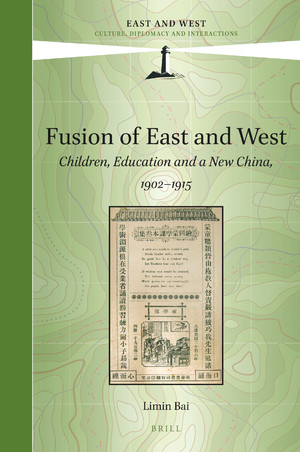 Fusion of East and West: Children, Education and a New China, 1902–1915
Fusion of East and West: Children, Education and a New China, 1902–1915
Dr Limin Bai (Asian Languages and Cultures), Brill, 2019.
In Fusion of East and West, Dr Limin Bai presents a major work in the English language that focuses on Chinese textbooks and the education of children for a new China in a critical transitional period, 1902–1915.
About the author: Dr Limin Bai
2018 Publications
Marcel Proust et la presse de la Belle Époque
Dr Yuri Cerqueira dos Anjos (European and Latin American Languages and Cultures), Honoré Champion 2018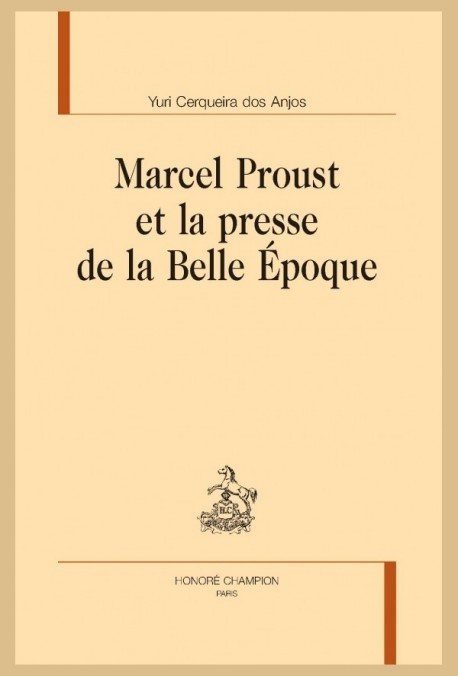
In this book, Yuri Cerqueira dos Anjos analyses the journalistic writings of Marcel Proust through the lens of three key concepts: ethos, poetics and imaginary. He argues that those writings are deeply connected to the media context of the French Belle Epoque and that they are much more than simply preparatory works preceding Proust's most famous work, the great novel A La Recherche du temps perdu. The essays, chronicles, short texts, and fiction that the Proust published in newspapers and magazines can be read as fully journalistic texts. Proust's journalistic production is not only a consequence of the "civilisation of the press" that characterizes 19th-20th century France, but also an important window for understanding the multiple aspects of this fertile period in French cultural history.
About the author: Dr Yuri Cerqueira dos Anjos
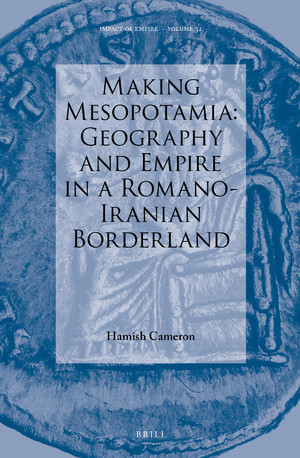 Making Mesopotamia: Geography and Empire in a Romano-Iranian Borderland
Making Mesopotamia: Geography and Empire in a Romano-Iranian Borderland
Dr Hamish Cameron (Classics), Brill 2018
In Making Mesopotamia: Geography and Empire in a Romano-Iranian Borderland, Hamish Cameron examines the representation of the Mesopotamian Borderland in the geographical writing of Strabo, Pliny the Elder, Claudius Ptolemy, the anonymous Expositio Totius Mundi, and Ammianus Marcellinus.
About the author: Dr Hamish Cameron
Blood on the Table
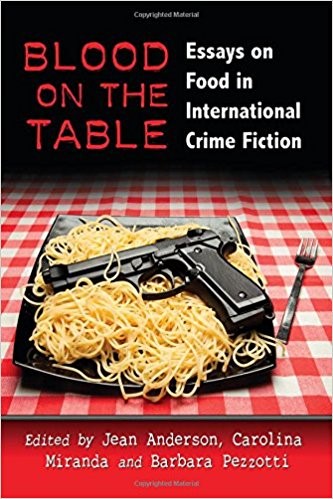 Edited by AProf Jean Anderson, Dr Carolina Miranda and Dr Barbara Pezzotti, McFarland Books, 2018
Edited by AProf Jean Anderson, Dr Carolina Miranda and Dr Barbara Pezzotti, McFarland Books, 2018
Assoc Prof Jean Anderson, Dr Carolina Miranda and Dr Barbara Pezzotti (who received her PhD from Victoria University of Wellington in 2010 and is currently a Lecturer at Monash University, Australia) have co-edited two well-received collections of essays about crime fiction: The Foreign in International Crime Fiction: Transcultural Representations (Continuum/Bloomsbury 2012) and Serial Crime Fiction: Dying for More (Palgrave Macmillan, 2015).
Their most recent volume is Blood on the Table: Essays on Food in International Crime Fiction (McFarland, 2018), which came out in April 2017. This book, the first to focus explicitly on the semiotics of food in crime fiction from a multicultural and interdisciplinary perspective, includes studies on Anthony Bourdain, Arthur Upfield, Sara Paretsky, Andrea Camilleri, Fred Vargas, Ruth Rendell, Stieg Larsson, Leonardo Padura, Georges Simenon, Paco Ignacio Taibo II, and Donna Leon, as well as television productions.
Their current project, which they are co-writing, focuses on the complex figure of the defective detective.
About the editors: AProf Jean Anderson and Dr Carolina Miranda
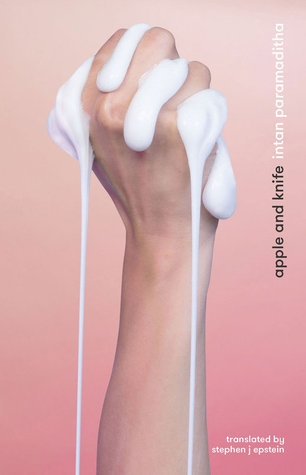 Apple and Knife
Apple and Knife
Intan Paramaditha translated by Stephen Epstein, The Lifted Brow, 2018
Inspired by horror fiction, myths and fairy tales, Apple and Knife is an unsettling ride that swerves into the supernatural to explore the dangers and power of occupying a female body in today’s world.
These short fictions set in the Indonesian everyday—in corporate boardrooms, in shanty towns, on dangdut stages—reveal a soupy otherworld stewing just beneath the surface. Sometimes wacky and always engrossing, this is subversive feminist horror at its best, where men and women alike are arbiters of fear, and where revenge is sometimes sweetest when delivered from the grave.
Mara finds herself brainstorming an ad campaign for Free Maxi Pads, with a little help from the menstruation-eating hag of her childhood. Jamal falls in love with the rich and powerful Bambang, but it is the era of the smiling general and, if he’s not careful, he may find himself recruited to Bambang’s brutal cause. Solihin would give anything to make dangdut singer Salimah his wife—anything at all.
In the globally connected and fast-developing Indonesia of Apple and Knife, taboos, inversions, sex and death all come together in a heady, intoxicating mix full of pointed critiques and bloody mutilations. Women carve a place for themselves in this world, finding ways to subvert norms or enacting brutalities on themselves and each other.
About the translator: AProf Stephen Epstein
2017 Publications
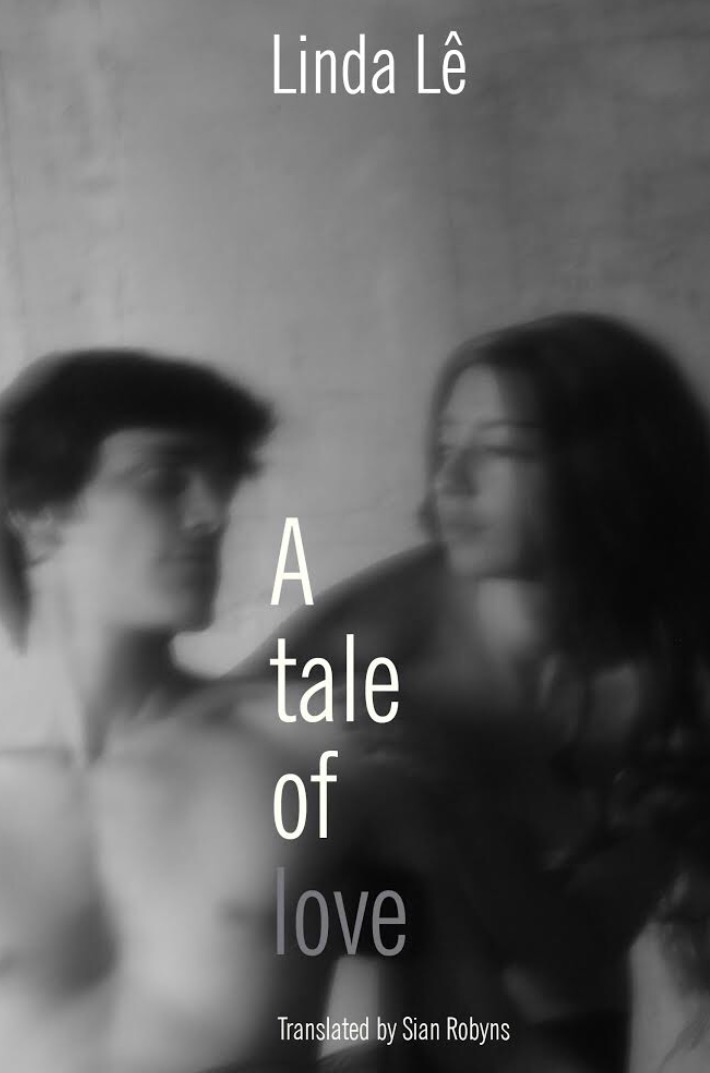 A Tale of Love
A Tale of Love
Linda Lê translated by Sian Robyns, Mākaro Press, 2017
She comes and goes. Opens another book. It's a collection of Chinese poems. She reads just these few words, The roots of love reach up to the sky, and, in an instant, she is as if transformed. She grabs a jacket, closes the door, and goes down the stairs. She walks briskly. She's going into the unknown to bring back the unknown.
Ylane and Ivan meet for the first time in the library of a psychiatric hospital, falling instantly and deeply in love. In the shelter of the clinic they find happiness, but release into the outside world is frightening and love becomes a struggle as reality intrudes. And yet this reality strangely has more in common with a fairy tale with its monsters and lost children and one true love. And like a fairy tale, there is always the sense of the narrator watching and writing it all down. This is a novel as much about the power of reading and writing to transform as it is about the transformation of love. Both give the young lovers the opportunity to recover and recreate themselves, but Ylane and Ivan discover that just as there are always two sides to a page, so there is no single answer to the questions that besiege them.
French Vietnamese author Linda Lê’s novel is a powerful and many-faceted tale brought into English for the first time by New Zealand translator and writer Sian Robyns.
2016 Publications
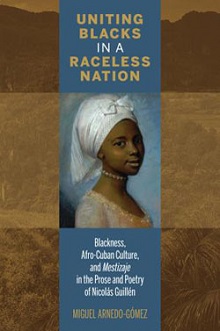 Blackness, Afro-Cuban Culture, and Mestizaje in the Prose and Poetry of Nicolás Guillén
Blackness, Afro-Cuban Culture, and Mestizaje in the Prose and Poetry of Nicolás Guillén
Miguel Arnedo-Gómez, Bucknell University Press, 2016
The Cuban writer Nicolás Guillén has traditionally been considered a poet of mestizaje, a term that, whilst denoting racial mixture, also refers to a homogenizing nationalist discourse that proclaims the harmonious nature of Cuban identity. Yet, many aspects of Guillén's work enhance black Cuban and Afro-Cuban identities.
Miguel Arnedo-Gómez explores this paradox in Guillén's pre-Cuban Revolution writings placing them alongside contemporaneous intellectual discourses that feigned adherence to the homogenizing ideology whilst upholding black interests. On the basis of links with these and other 1930s Cuban discourses, Arnedo-Gómez shows Guillén's work to contain a message of black unity aimed at the black middle classes. Furthermore, against a tendency to seek a single authorial consciousness - be it mulatto or based on a North American construction of blackness - Guillén's prose and poetry are also characterized as a struggle for a viable identity in a socio-culturally heterogeneous society.
About the author: Miguel Arnedo-Gómez
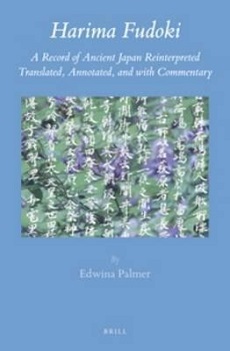 Harima Fudoki - A Record of Ancient Japan
Harima Fudoki - A Record of Ancient Japan
reinterpreted, translated, annotated, and with commentary, Folkestone, Kent and Leiden: Brill Japanese Studies Library Series, in conjunction with Global Oriental Publishers, 2016
Harima Fudoki, dated to 714CE, is one of Japan's earliest extant written records. It is a rich account of the people, places, natural resources and stories in the Harima region of western Japan.
Produced by the government as a tool for Japan's early state formation, Harima Fudoki includes important myths of places and gods from a different perspective to the contemporaneous 'national' chronicles.
This document is an essential primary source for all who are interested in ancient Japan.
In this new critical edition, Palmer draws upon recent research into the archaeology, history, orality and literature of ancient Japan to reinterpret this hitherto little-known document. Palmer's insightful commentary contextualises the Harima tales for the first time in English.

